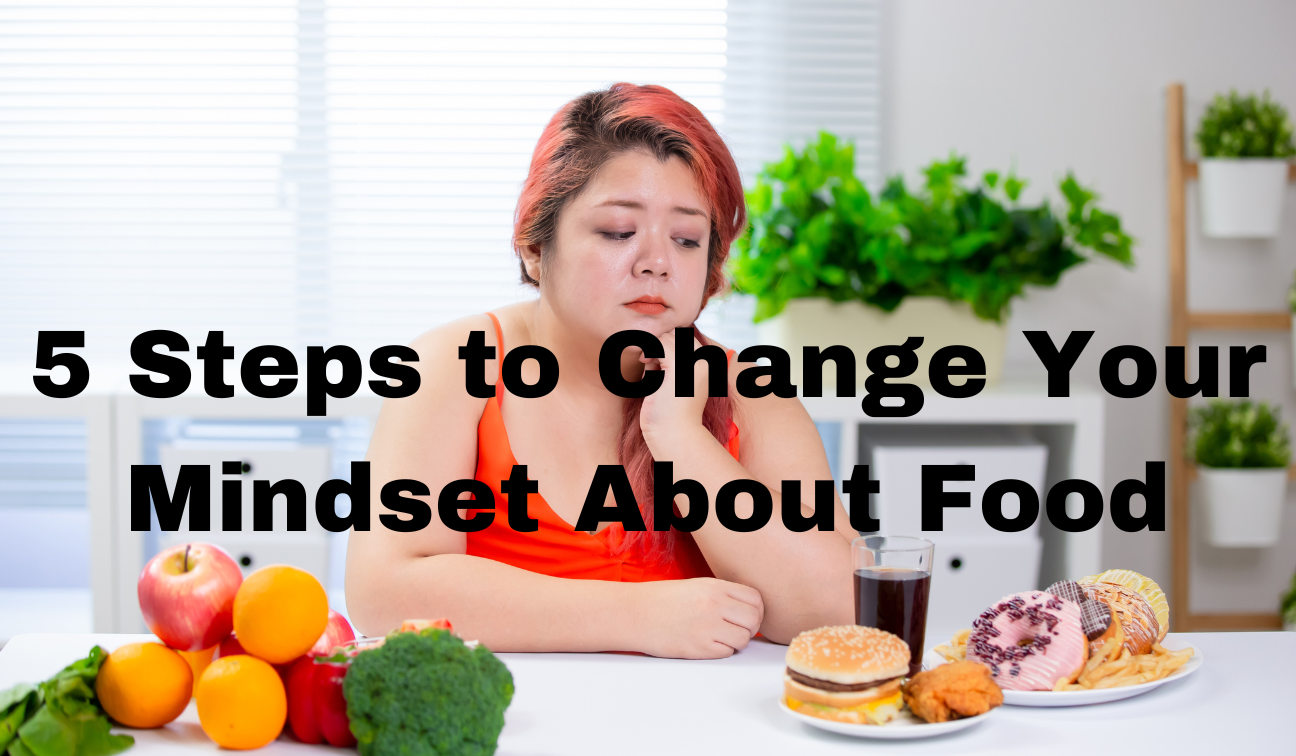For many, the word "food" carries both comfort and complexity. It's an omnipresent part of our lives, impossible to escape, and often perceived in a love-hate dynamic. One prevalent challenge many face is food addiction, a struggle often tied to ingredients like sugar, flour, fats, grains, and salts, leading to behaviours such as binging, purging, and volume eating.
Step 1: Assess Your Attitude Towards Food
Evaluate your relationship with food. Is it a source of sustenance, or do you live to eat? Do Recognize that while food can provide comfort and pleasure, it should not be your primary source of solace or reward. Seeking professional guidance from a qualified therapist or joining a 12-step program can be instrumental in overcoming food addiction.
Step 2: Acknowledge Food as Sustenance
Understand that your diet forms an important part towards supporting overall health, including your mental well-being. Consuming nutrient-rich foods is essential for your body not only to survive but also to thrive. Avoiding reliance on junk and processed foods, as well as those high in sugar and fat, is pivotal for sustained well-being.
Step 3: Avoid Quick-Fix Crash Diets
Steer clear of restrictive diets that are difficult to integrate into your life. Research indicates that strict diets often lead to rebound effects. Opt for sustainable lifestyle changes, focusing on whole, real foods, and emphasizing portion and appetite control.
Step 4: Cultivate Self-Compassion
Practice self-compassion in a world inundated with idealized body images. Reject hypercritical self-judgment and understand that progress, not perfection, is the goal. Embrace the journey, acknowledging that setbacks are part of the process. Treat yourself with care, fostering a healthy attitude towards your weight and well-being.
Step 5: Recognize Emotional Hunger vs. Physical Hunger
Distinguish between physical and emotional hunger. Physical hunger develops gradually, is guilt-free, and satisfies your body's need for nourishment. Emotional hunger, on the other hand, seeks to fill voids that food can't address. Learn healthy coping mechanisms for negative emotions, such as seeking support from friends, engaging in therapy, and adopting activities that promote overall wellness.
Bonus Tips:
- Don't Go to the Store Hungry: Research indicates that shopping on an empty stomach leads to poor food choices. Eat before you shop to make healthier decisions.
- Practice Mindfulness: Cultivate mindfulness while eating. Slow down, pay attention to your food, and be present in the moment to reduce overall food intake and foster a healthier relationship with what you eat.
By following these steps and incorporating mindfulness into your daily life, you can transform your mindset about food, making it a source of nourishment for both your body and mind.

_1697273972_82611.png)
